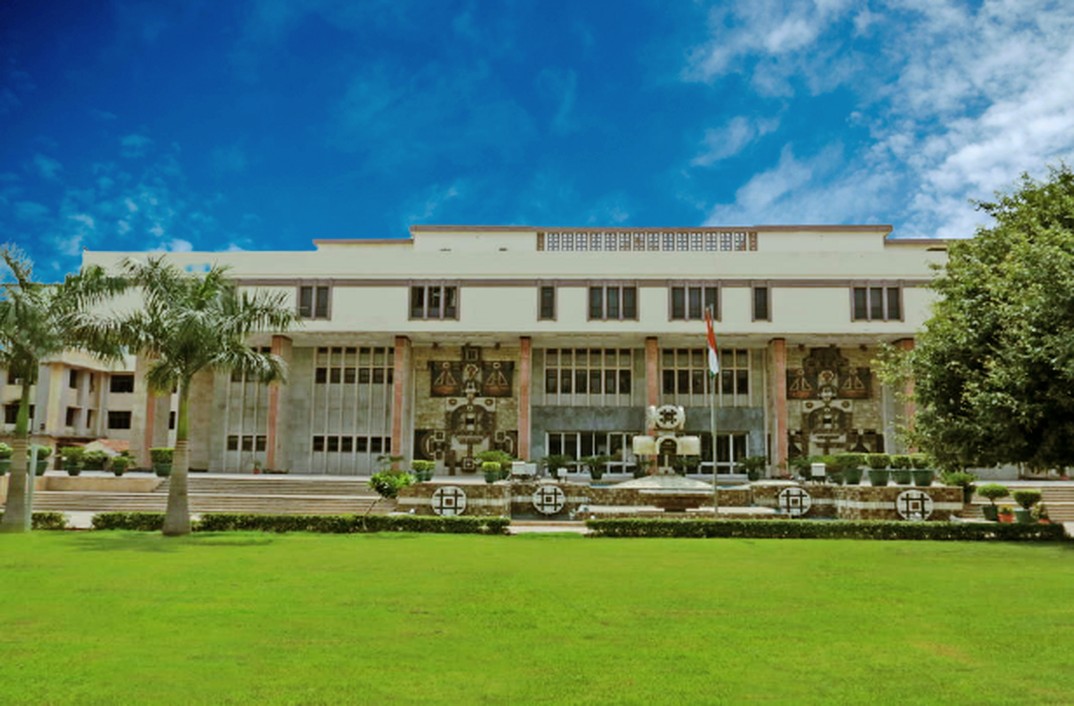Phonetically similar Trademarks can confuse consumers, says Delhi HC

Read Judgment: Avtar Singh vs. Sakshi Srivastava
Pankaj Bajpai
New Delhi, October 18, 2021: The Delhi High Court has recently opined that the trade mark of defendants “WOODLEY” is structurally and phonetically similar to plaintiff’s mark “WOODS” and is likely to cause confusion in the minds of consumers.
The Bench of Justice Jayant Nath observed that since the plaintiffs had made out a prima facie case, the balance of convenience was in favour of the plaintiffs as against the defendants.
The background of the case was that the Plaintiffs (Mr. Avtar Singh, Mr. Harkirat Singh, Aero Traders Private Ltd. and Aero Associates Pvt. Ltd.) were partners of M/s Aero Club. Out of these, M/s. Aero club was the lawful owner of the trademark WOODS in India.
Later, an application was filed by plaintiffs seeking an injunction to restrain the defendants, their agents etc. from manufacturing or authorizing the manufacture, selling, offering for sale, marketing, retailing, supplying distributing, exhibiting, advertising, promoting, displaying etc. the products and operating the retail stores or any other product and retail store bearing the marks WOODLEY and NUWOODLEY as a trademark or as a trade name or part of the store name or retail or any other mark which was deceptively similar to the plaintiff’s trade name/mark WOODS, WOODS (stylised), WOODS.
Accordingly, an ex parte ad-interim injunction was passed in favour of the plaintiffs. Hence, present suit was filed seeking a decree of permanent injunction against the defendants.
After considering the pleadings, Justice Nath noted that where the class of buyers is educated and rich, the test to be applied is different from the one where the product is to be purchased by others.
Both the parties claimed to be into men’s formal wear and the only issue was that the defendants claimed that their target area was Tier-II and Tier-III cities and that the price of the products of the defendants was much lower. On the other hand, the product of the plaintiffs was a niche product bought by the affluent class, added Justice Nath.
The High Court found that factually, both the parties have been claiming to be in the field of men’s readymade garments.
The customers and buyers of the goods of the defendants cannot be said to be poor, such a class would normally not be buying readymade garments from the stores, added the Court.
Referring to a judgment of the Division Bench of this court in the case of M/S. South India Beverages Pvt. Ltd. vs. General Mills Marketing INC. & Anr., where a similar plea was rejected, Justice Nath stated that the plea of the defendants that the customers of the plaintiffs would not be confused in view of the fact that the products of the defendant deal with a different segment is misplaced and cannot be accepted as a defence to the stated infringement.
Therefore, while passing the order in favour of plaintiffs, the High Court concluded that there was no reason to believe that the customers of the plaintiffs would not get confused because of the price difference.
Sign up for our weekly newsletter to stay up to date on our product, events featured blog, special offer and all of the exciting things that take place here at Legitquest.




Add a Comment